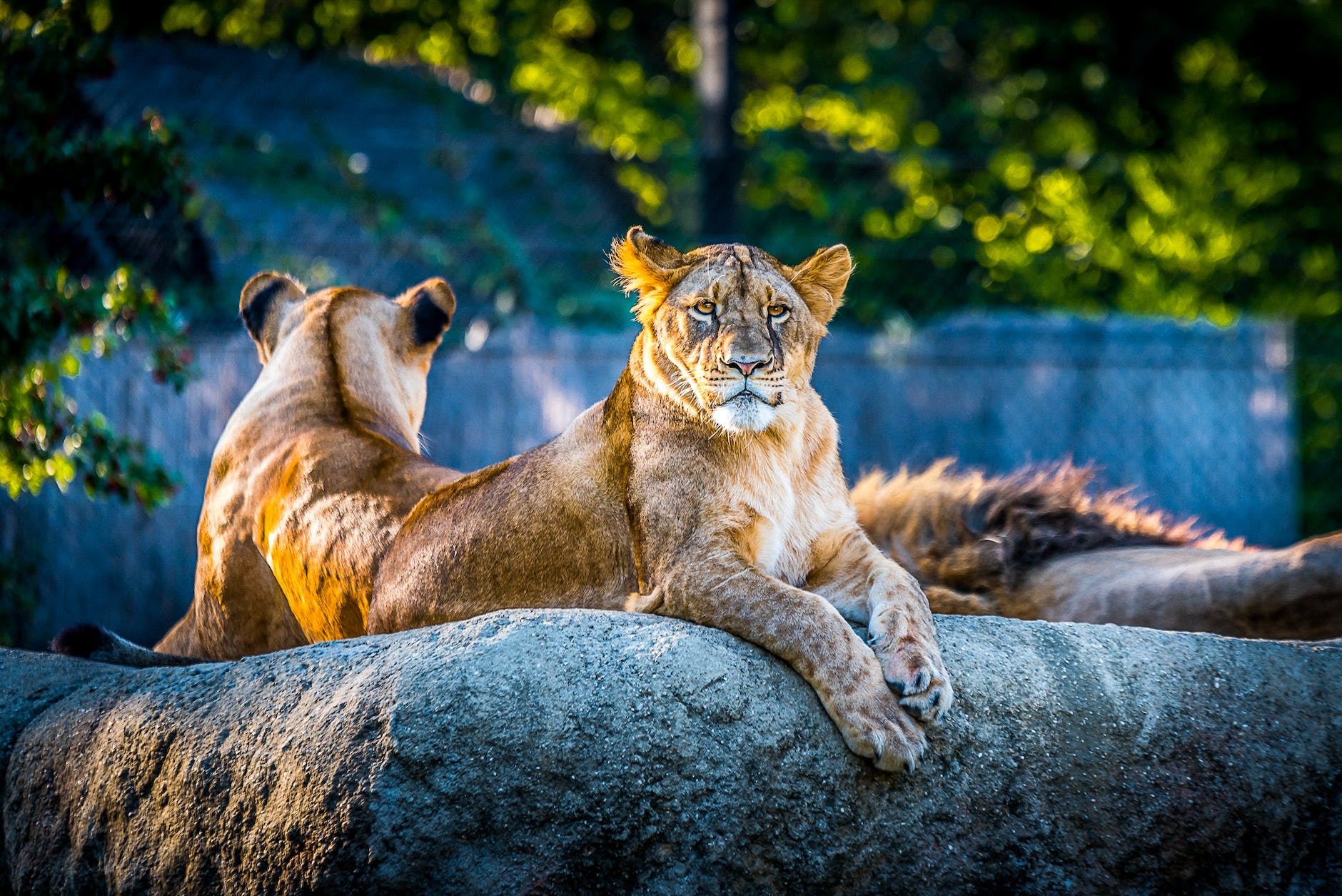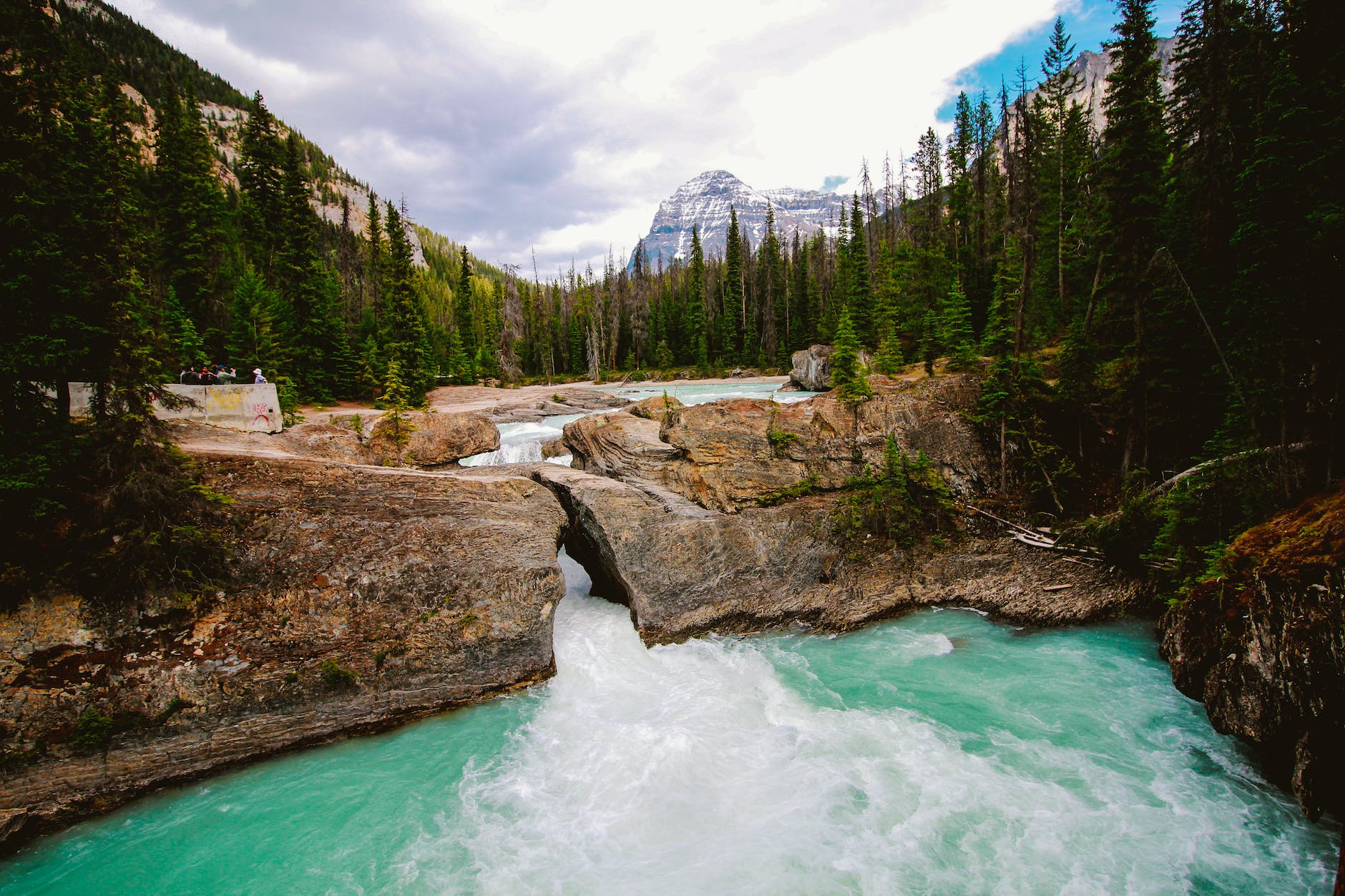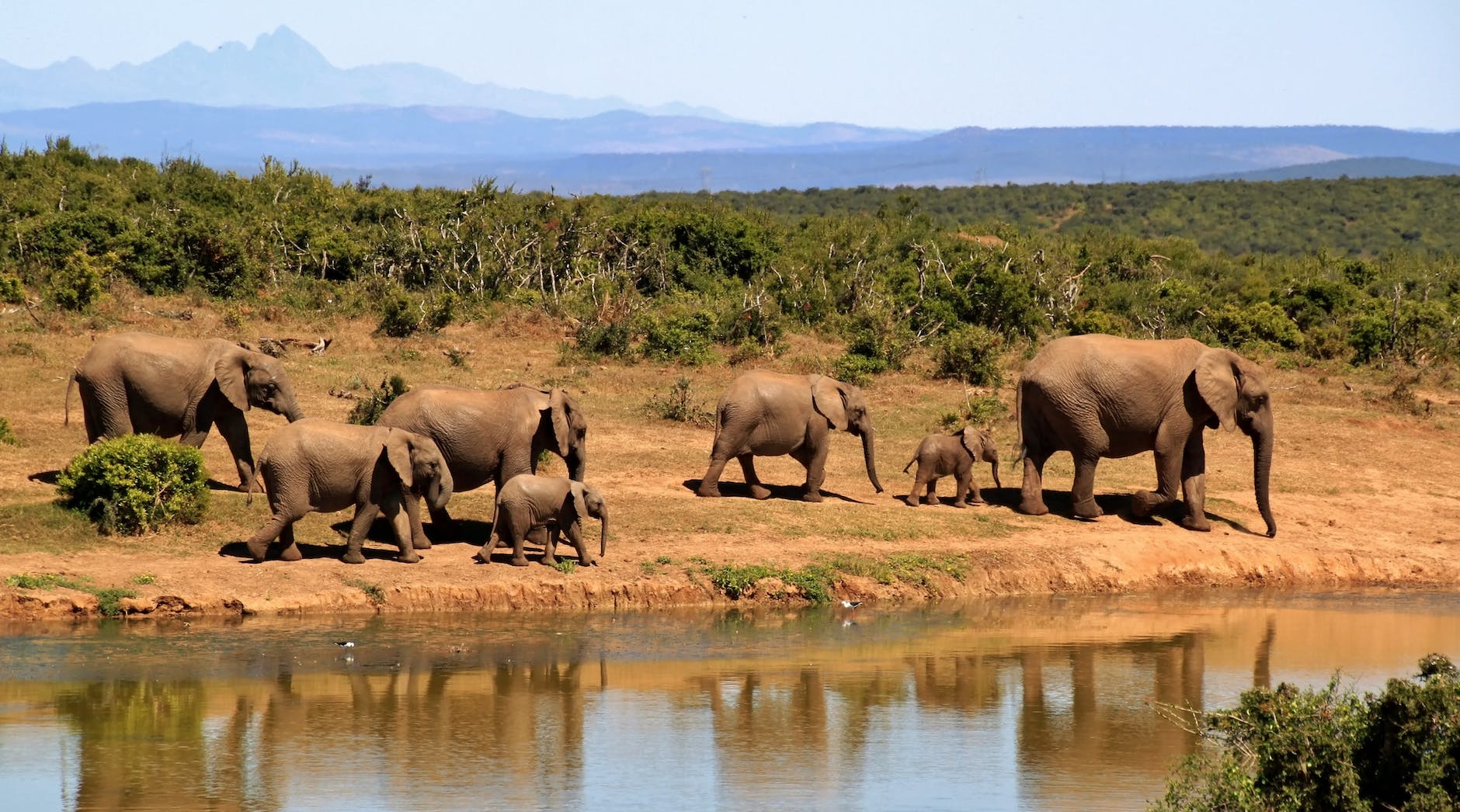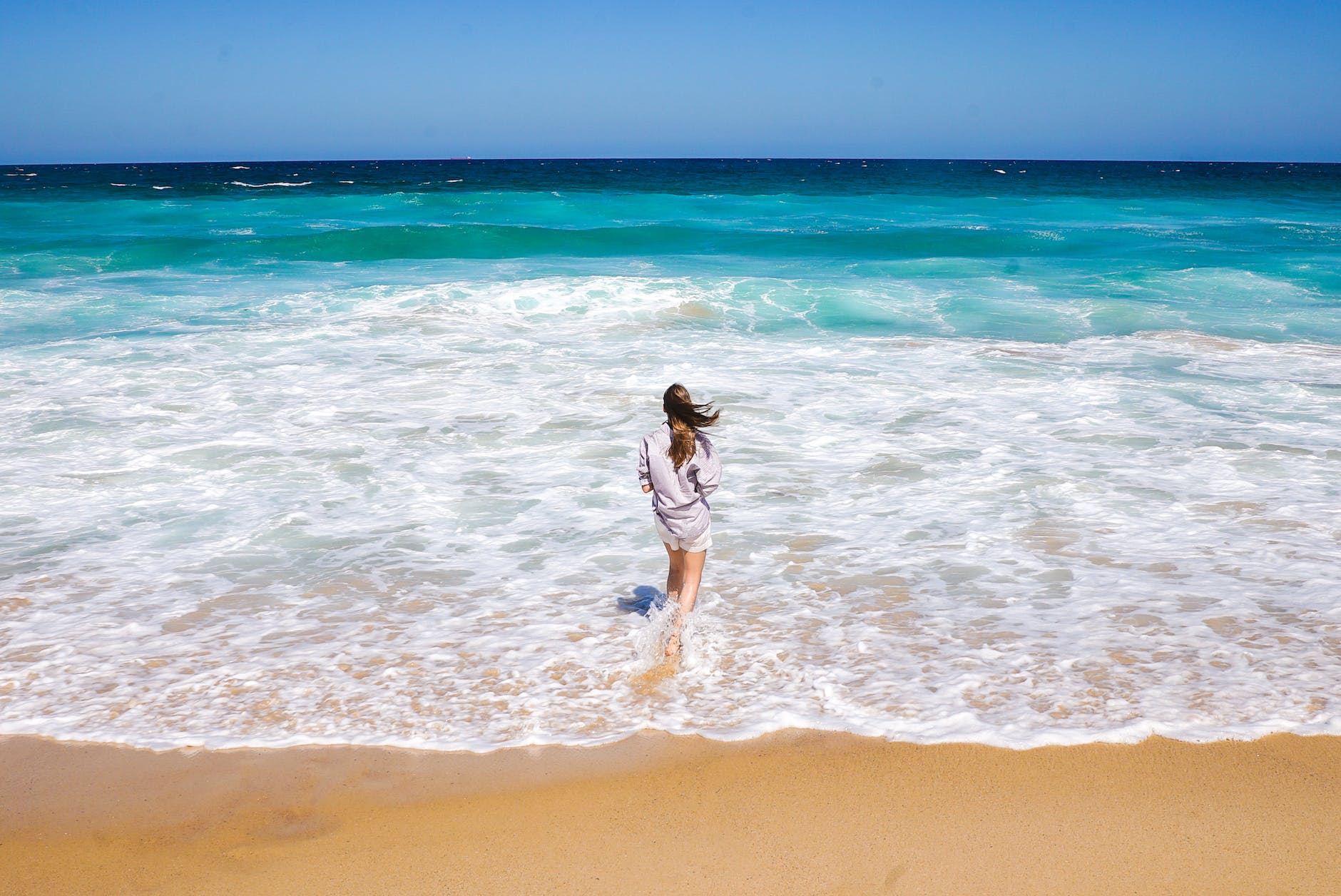At a Glance:
- One big perk of Kenya is the marvelous landscape with its exciting flora and fauna, which is also ideal for family activities.
- The quality of medical care in Kenya is not always up to Western standards, but private hospitals in big cities provide good care.
- Certain vaccinations are a must before a move to Kenya.
- Many expat parents opt for international schooling for their children due to challenges within the Kenyan education system.
Expat living in Kenya is not just one long safari. However, while you will soon discover contemporary life beyond the clichés, your time in Kenya as an expatriate does offer some opportunities to play the tourist. In doing so, you’ll be supporting the local hospitality industry, a sector of undeniable importance to Kenya’s expanding economy.
Country vs. City
Many expats living in Kenya take some time out of their everyday routine to immerse themselves in the country’s natural beauty. Admiring impalas and zebras near Lake Victoria, relaxing on the tropical beaches of Kenya’s south coast, and hiking in the forests around ragged Mount Kenya may all become some of your most wonderful memories of living in Kenya.
Even if daily life in Kenya’s expat hotspots, i.e. Nairobi and Mombasa, is not quite as exciting as your first safari, it’s a lot closer to the experience of Kenya’s growing urban middle-classes and still provides you with plenty of leisure options.
How to Entertain Your Family in Kenya
As you can probably imagine, in Kenya activities for families are not lacking: from safaris to natural parks, it must be the dream of every kid (and adult).
In Nairobi, for instance, you can feed giraffes at the Langata Giraffe Centre or pet baby elephants at the David Sheldrick Wildlife Trust. If your kids are little train enthusiasts, they may enjoy a family outing to the Nairobi Railway Museum — a favorite destination for local school students on field trips.
Moreover, shopping malls in neighborhoods like Gigiri and Westlands offer more than an assortment of shops and boutiques; some also boast family-friendly cafés, playgrounds, bowling centers, miniature golf ranges, and movie theaters.
For spectacular snorkeling, swims, and boat rides, the Malindi Marine Park in Malindi is the ideal destination. In the same city, you can find the Crocodile Farm and the Snake Park if you want adventurous activities. In the Watamu Marine National Reserve, you and your kids can observe the marvelous marine fauna of Kenya.
Enjoy the Exotic Food
“Foodies” living in Kenya can look forward to a range of culinary delights. Much local fare, such as ugali (cornmeal mush), sukuma wiki (kale stew), and nyama choma (grilled sheep or goat), is simple, plain, and rustic. While this kind of cooking reflects a rural way of life, the coastal Swahili food blends African, Arab, and Indian influences. Savory dishes like kuku paka (chicken in coconut curry sauce) and mtuzi wa samaki (a fish-based curry from Zanzibar) are the culinary equivalent to the melting pot that is life in Kenya.
Both the coastal metropolis of Mombasa and the capital city, Nairobi, also feature a variety of restaurants dedicated to international cuisines. Luckily, you need not forego your favorite Italian, Japanese, or Lebanese food, here. When going out in Nairobi or Mombasa, though, don’t forget that Kenya has some complicated rules as to where and when alcohol may be purchased. As long as you consume food as well, you may buy a drink in a restaurant. Bars and nightclubs, however, need an official license and heed the Alcoholic Drinks Control Act of 2010, which, among other things, limits the times for legal alcohol sales depending on weekday and occasion.
Art, Culture, and Entertainment in Kenya
Is culture more to your taste than a night out on the town? Nairobi may not have the same established entertainment venues as other cities of comparable size, but it’s far from a cultural wasteland. The larger cinemas at the malls show mainly Hollywood blockbusters in their English-language program. Cultural institutions, such as the British Council or the Goethe Institut, often host movie nights or film festivals, many of them in cooperation with East African film-makers and cinema-enthusiasts.
Not just in Nairobi, cultural institutes are generally excellent locales for expats who are interested in the contemporary arts scene, be it music, the fine arts, or literature. There are also several low-budget and (semi-)amateur societies for the performing arts. It’s not unusual for musicians and actors to put on a play or give a concert at local schools, for instance. Braeburn International School in Nairobi, among others, is fairly popular as a venue.
Contemporary art galleries aren’t lacking either. Among the most famous in Nairobi, the Shifteye Galleryfeatures a lot of visual art. For contemporary art from Kenya and Africa in general, the Nairobi Gallery is the place to be. Lastly, the Banana Hill Art Gallery displays sculptures and works from Kenya and East Africa.
Generally speaking, Kenya has an incredible mix of traditions and cultures, which is represented through its people. The Kenyan art is reflected in daily life and is visible in jewelry, clothes, tribal masks, and mats. Its music is similarly very rich, combining different styles.
Take a Dive into Kenyan Literature
When your daily activities in Kenya have left you a little exhausted, curl up in a comfy chair, under a mosquito net, and lose yourself in a good book. Kenyan experiences are the subject of quite a few old-fashioned memoirs from the British colonial era, e.g. Karen Blixen’s Out of Africa or Elspeth Huxley’s The Flame Trees of Thika.











